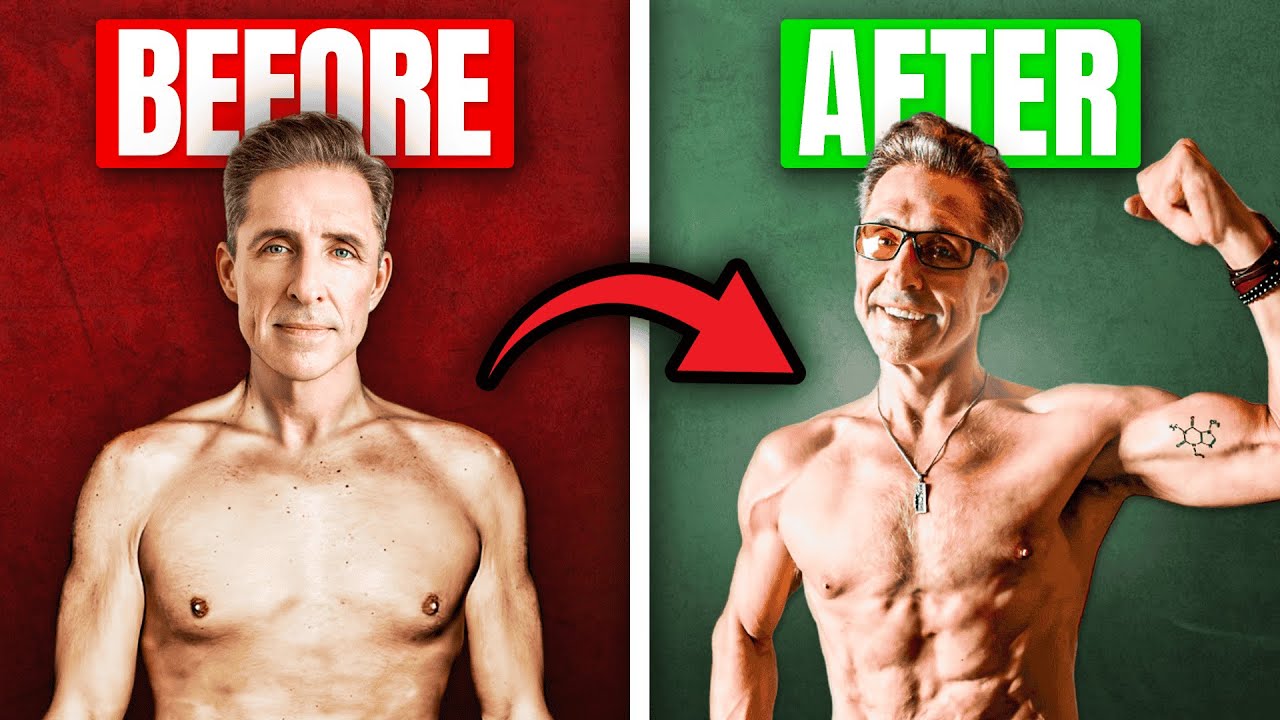- The role of diet and nutrition in increasing testosterone levels naturally in the 50s.
- How exercise, particularly resistance training, impacts testosterone production.
- The significance of sleep and stress management on hormone balance.
- Understanding insulin sensitivity and metabolic health as factors in hormone regulation.
- The impact of lifestyle changes and supplementation on maintaining healthy testosterone levels.
Raising testosterone levels in your 50s without injections involves a strategic approach focusing on diet, exercise, sleep, and lifestyle. By understanding these areas, you can tap into various methods to boost this vital hormone naturally and support overall well-being.
Diet and Nutrition
The foods we consume have a profound effect on hormonal health, including testosterone levels. To naturally enhance testosterone, one must focus on balanced nutrition, incorporating essential nutrients that nurture hormone production. Key components like zinc and vitamin D are instrumental in this regard. Zinc, found in foods like meat, shellfish, nuts, and seeds, plays a crucial role in testosterone synthesis. Vitamin D, often sourced from sunlight and foods like fatty fish or fortified dairy products, is similarly influential in maintaining healthy testosterone levels.
Avoiding excessive sugar and processed food consumption can improve insulin sensitivity, which directly influences metabolic health. High insulin levels can suppress testosterone production, so maintaining stable blood sugar is crucial. Consuming a diet rich in whole grains, vegetables, lean proteins, and healthy fats supports hormone balance. Omega-3 fatty acids, present in fish like salmon and mackerel, are particularly beneficial.
Exercise and Testosterone Production
Exercise is a well-documented method to enhance testosterone levels, with resistance training being particularly effective. Engaging in regular weightlifting or high-intensity interval training (HIIT) can significantly increase testosterone production. These exercises stimulate muscle growth, which in turn promotes higher testosterone output.
Additionally, maintaining a consistent exercise routine helps reduce body fat levels, as higher body fat percentages have been linked to lower testosterone levels. Regular physical activity also promotes better insulin sensitivity and heart health, contributing to a well-functioning hormonal system. The choice of exercise should aim to incorporate variety, targeting different muscle groups and ensuring adaptive responses.
Sleep and Stress Management
Quality sleep is a cornerstone in maintaining hormonal balance. During the deep stages of sleep, the body increases testosterone production. Adults in their 50s should aim for 7 to 9 hours of restorative sleep per night to optimize hormone levels. Establishing a regular sleep schedule and creating an environment conducive to sleep, such as reducing blue light exposure before bedtime, are practical steps.
Stress management is equally vital. Chronic stress results in elevated levels of cortisol, a hormone that negatively affects testosterone levels. Incorporating stress-reducing practices like mindfulness, meditation, or yoga can help balance hormonal output. Finding time for hobbies and relaxation activities further contributes to a lower stress environment, supporting healthy testosterone levels.
Insulin Sensitivity and Metabolic Health
Understanding the relationship between insulin sensitivity and metabolic health sheds light on hormonal regulation. Insulin sensitivity reflects how efficiently the body uses insulin to lower blood sugar levels. Poor insulin sensitivity, or insulin resistance, can lead to metabolic disorders, impacting testosterone production negatively.
A diet that balances macronutrients effectively and includes plenty of fiber can enhance insulin sensitivity. Regular physical activity and maintaining a healthy weight are important elements in this equation. Low testosterone levels can also contribute to insulin resistance, creating a feedback loop that needs addressing from both dietary and physical perspectives.
Lifestyle Changes and Supplementation
Making comprehensive lifestyle adjustments can significantly impact testosterone levels. Reducing or eliminating habits like smoking and excessive alcohol intake is crucial, as they are known to lower testosterone. Instead, replacing these habits with healthier alternatives can enhance overall health and hormone levels.
Supplementation can be a helpful adjunct to lifestyle and dietary changes. Consulting with a healthcare provider can guide the appropriate use of supplements such as zinc, magnesium, vitamin D, and omega-3 fatty acids, which support testosterone production.
Incorporating these strategies can result in noticeable improvements in energy, vitality, and overall quality of life for individuals in their 50s. Consistency and dedication to these healthier habits pave the way for not only increased testosterone levels but overall enhanced metabolic health.
*****
Source Description
Most men think declining testosterone is just “part of aging”, but that’s a lie Big Pharma sold you. In this video, I break down exactly how I raised my testosterone in my 50s without injections, drugs, or TRT. These are the same biohacks I used to turn my energy, drive, and strength around, naturally. I’ll walk you through how your diet, your sleep, and even the light in your bedroom could be sabotaging your hormones. Want results? Start here.
Chapters:
0:00 – Introduction
1:40 – The Lie About Aging and Testosterone
2:49 – What’s Desatroying Your Testosterone Daily
3:42 – How Your Cells Actually Make Testosterone
4:58 – Why Diet is Step One (and What to Eat)
7:08 – The Most Underrated T Booster
8:38 – The Truth About Light and Hormones
14:40 – How to Fix It
Get Your Oral Testosterone Here: LiveThrive.co/asprey
Connect with Dave Asprey!
Website: https://daveasprey.com
TikTok: https://www.tiktok.com/@daveaspreyofficial
Instagram: https://www.instagram.com/dave.asprey/
Facebook: https://www.facebook.com/Daveaspreyofficial/
X: https://x.com/daveasprey
YouTube: https://www.youtube.com/c/daveaspreybpr
The Human Upgrade Podcast: https://www.instagram.com/TheHumanUpgradePodcast/ and https://m.facebook.com/Thehumanupgrade/

